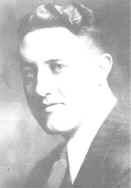
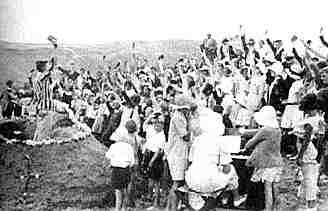
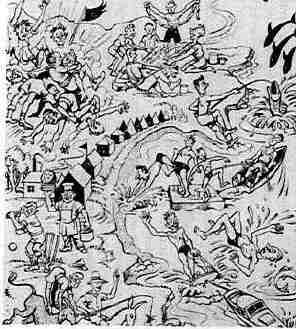
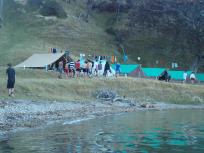
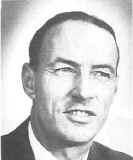
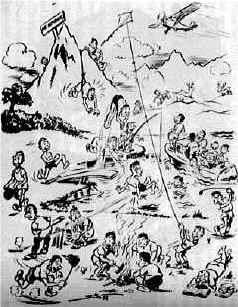
Rev John Evans succeeded Lawrie Becroft to direct the work in New Zealand. Lawrie moved to coordinate the Scripture Union work in Auckland.
In January 1978 Scripture Union and the Bible College of New Zealand co-sponsored the first Congress on Children and Families on behalf of churches and Christian organisations throughout New Zealand. This combined lectures from overseas specialists with seminars and workshops. It proved to be seminal for many of the delegates.
1980 was celebrated as the centenary of Scripture Union in New Zealand. A travelling Road Show took a range of ministries to various churches throughout the country in weeks of celebration and training.
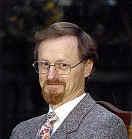
Ken Edgecombe became the new National Director. The Second Congress on Children and Families was held in 1992. The aim of covering the country with a Children and Families staff team supported by working groups was largely achieved. Scripture Union Bookshops were sold and a direct mail order service was established called Scripture Union Direct. The name of the Inter-School Christian Fellowship was changed to Scripture Union in Schools (SUIS).
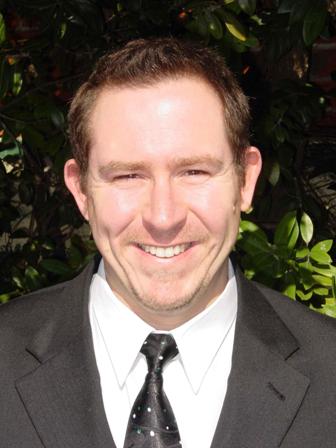
Mark Brown came from Perth, Australia, to be the National Director. An intensive programme to review safety on all Scripture Union programmes is initiated with the adaptation of the Risk Management System developed by Scripture Union in Australia, Lighting a Path to Safety, which is later rebranded Childsafe.
The first WAY2GO Children's Ministry conference is held in 2004.
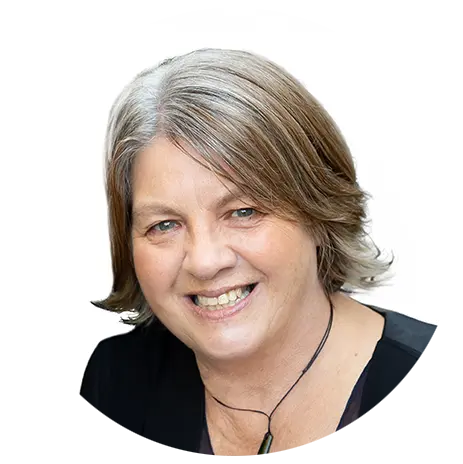
Hilary Hague, a long-time SUNZ volunteer, staff member and former SUNZ Children and Families Team Leader, returned to SUNZ as National Director in April 2018.
Today Scripture Union continues to grow and thrive. The ministries are varied but no matter the ministry our heart is the same as it ever was—we support churches to help children and young people discover Jesus and become lifelong disciples who serve the world around them.
Dr John Laird, a young Scot, working as a ship's doctor, visited Inter-Varsity Fellowship in universities and with SU in camps and beach missions in Britain. John was invited to consider staying in New Zealand to help follow up the Howard Guinness missions. His ship, the Northumberland, went on to Napier and was in port on 3 February when an earthquake destroyed the town and killed 256 people. John Laird became famous as the ship's doctor who helped with emergency medical aid. The ship travelled on to Wellington and John decided to accept the invitation to stay in New Zealand.
John Laird's earthquake fame was very useful in opening doors in schools as headmasters were invariably willing to let him talk to students about his experience in the earthquake.
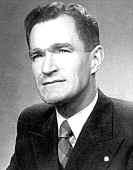
Colin Becroft was appointed to succeed John Laird and the SU work continued to grow.
Children's evangelists were appointed.
The first New Zealand beach mission was held at Brown’s Bay, Auckland in 1930 followed by the first camp also at Brown’s Bay. A warm relationship with the Chamberlain family on Pōnui Island began with the first camp on Pōnui Island held in January 1932.
Over these years Scripture Union saw the development of a more adventurous style of camping, introducing bike hikes, mountain climbing and canoeing.
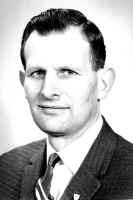
The CSSM & Crusader Bookroom Society started to open bookshops to sell Christian literature. These later became the national chain of Scripture Union Bookshops. The three organisations CSSM , Crusaders and Scripture Union, were unified under the name of Scripture Union. John Judge took charge of the office administration. He worked from 1952 to 1987.
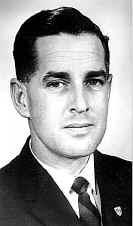
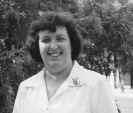

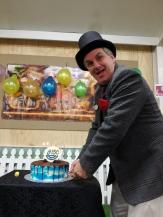
To find out more about what Scripture Union is doing today, explore the website or contact us.